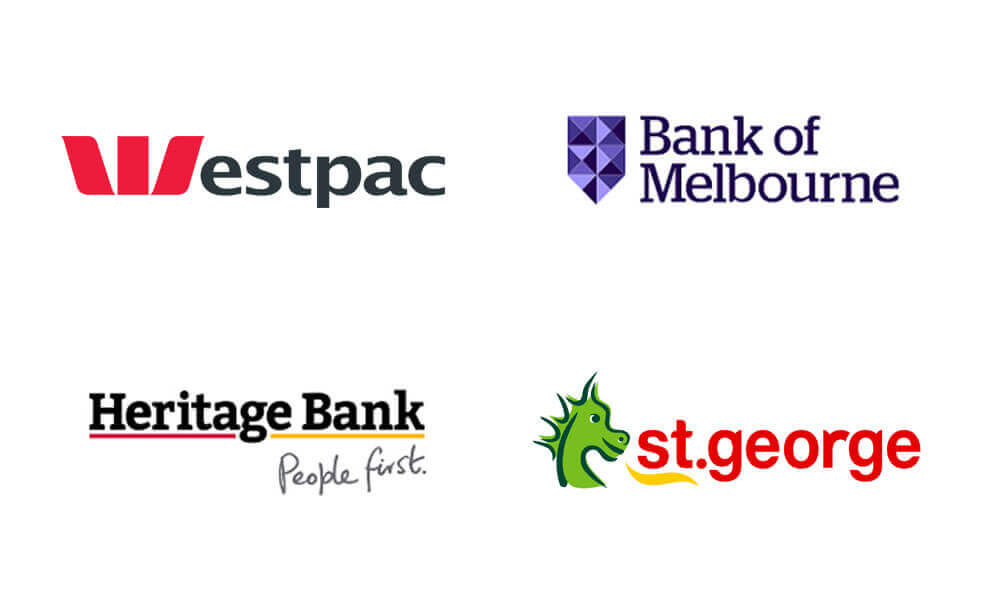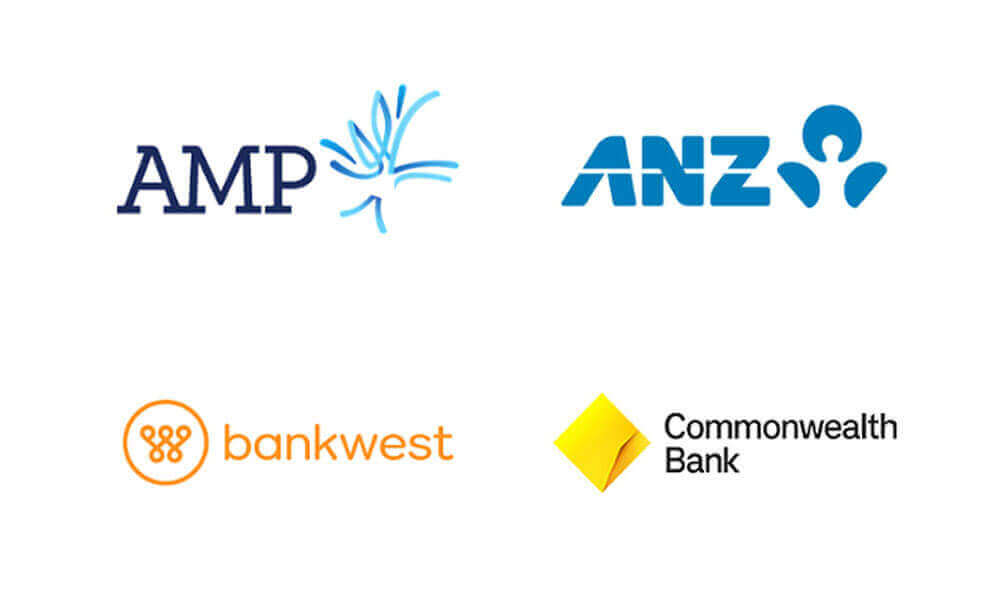Crunch
your numbers
Use our online calculators to work out how much you can borrow, loan repayments, stamp duty and lots more.

Self-managed super funds (SMSFs) provide you with another option on how to save for your retirement. SMSFs aren’t for everyone as they’re more complex to manage and you shoauld speak with a 1st Street financial planner before deciding to set one up.
Setting up an SMSF is a major financial decision and you need time and financial skills to manage it. If you set up a SMSF you become a trustee of the fund. This means you’ll be responsible for managing your SMSF according to its trust deed and the laws and rules that apply to SMSF’s. The key principle is that you run your SMSF for the sole purpose of providing retirement benefits to fund members. Your investments must be separate from the personal and business affairs of fund members, including yourself.
Superannuation, or super is a way to save money for your future. It is important to understand how much super you’ll need, and how best to manage the money for your retirement. Through super, you can hold a wide range of investments such as shares, property and cash.
Superannuation is attractive because it receives favourable tax treatment, both when you are working and once you are retired. Employers must pay superannuation contributions on behalf of their employees and you can also chooseto add money into superannuation out of your own pocket.
Superannuation is likely to become your 2nd biggest financial asset which help funds your retirement. As a guide, a “reasonably comfortable” lifestyle for a couple will require around $60,000 a year.
The Tax benefits include:
How much Superannuation will you need?
The amount of money you will need in retirement varies from person to person, and depends on:
When to contribute? The sooner, the better.
If you were to contribute just $25 a week into your super (after tax) for the next 30 years, your super assets could end up $66,000* better off at retirement than someone who relies solely on their employer’s min contributions. That’s more than enough to cover a year’s worth of retirement income.
A SMSF is not for everyone. It provides members the ability to privately manage their own super benefits for their retirements and allows additional control. It is important to remember that with the additional control comes added responsibility. A SMSF is only appropriate if you have the time, the desire, and the expertise to manage your super affairs correctly. Did you know – you can buy residential investment properties inside your SMSF?
Yes, that’s right. You pay zero, zip, nada.
1st Street’s premium service comes at no cost to you! 1st Street is paid by the lender when your loan settles, however, this will not affect your interest rate or loan fees! It is often more cost-effective for a mortgage broker to process a loan rather than the lenders processing it themselves in-house. In fact, we often find that we can save you money by negotiating on your behalf.
Use our online calculators to work out how much you can borrow, loan repayments, stamp duty and lots more.






